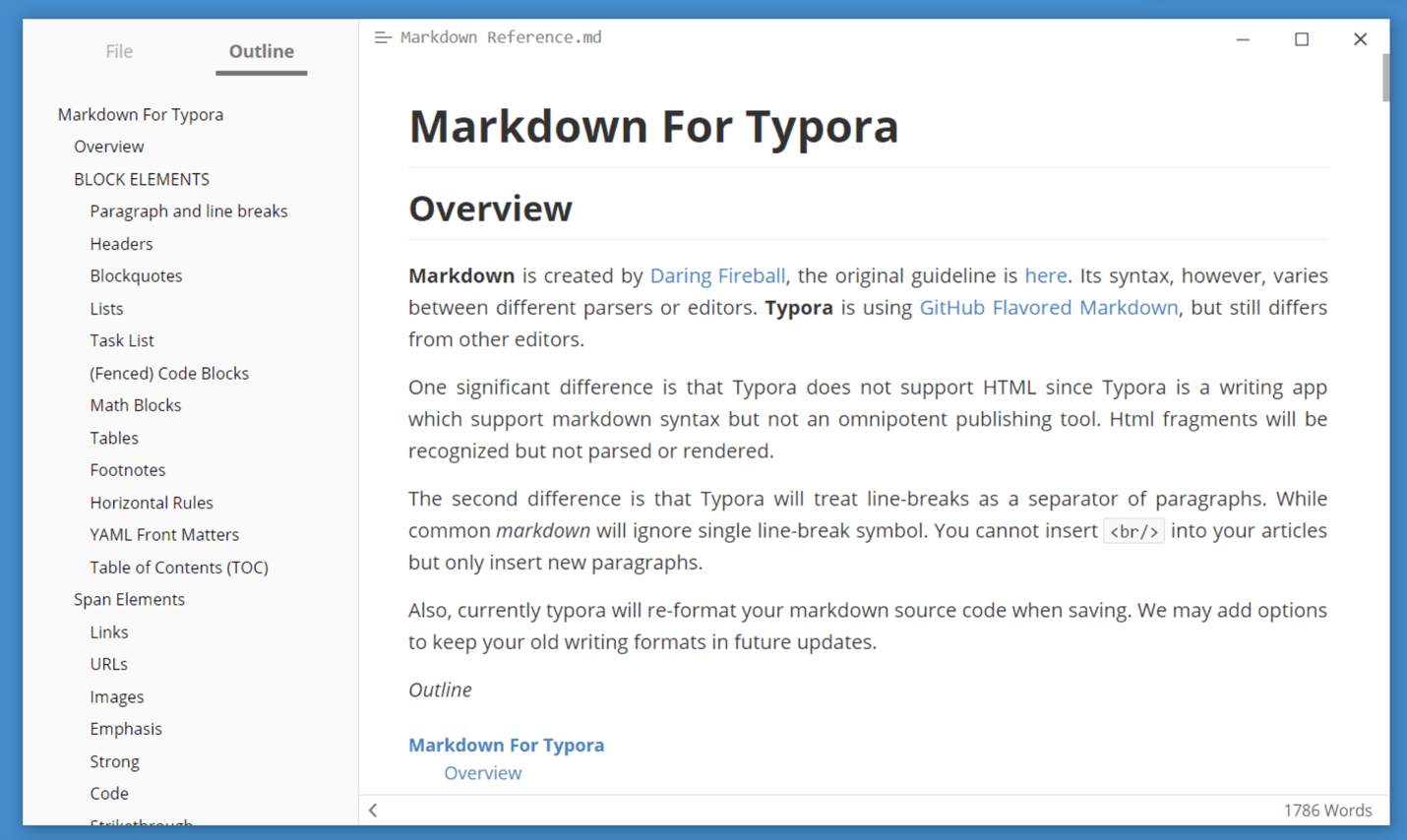Page Bundles
Where a non-POSIX file system is in use which does not utilize execute permissions, some care is needed with permissions. This applies on Windows and to e.g. FAT-formatted drives and SMB-mounted file systems on other OSes. The ‘mode’ of the file recorded in the tarball will be whatever file.info returns. The BEACON mobile app called “MD Unemployment for Claimants” is available to download for free from the iOS App Store or Google Play Store. The mobile app allows claimants to easily file their weekly claim certifications, view and update claimant information, and more directly from their mobile device.
Hugo 0.32 announced page-relative images and other resources packaged into Page Bundles.
These terms are connected, and you also need to read about Page Resources and Image Processing to get the full picture.
The bundle documentation is work in progress. We will publish more comprehensive docs about this soon.

Organization of Content Source
In Hugo, your content should be organized in a manner that reflects the rendered website.
While Hugo supports content nested at any level, the top levels (i.e. content/<DIRECTORIES>) are special in Hugo and are considered the content type used to determine layouts etc. To read more about sections, including how to nest them, see sections.

Without any additional configuration, the following will just work:
Path Breakdown in Hugo
The following demonstrates the relationships between your content organization and the output URL structure for your Hugo website when it renders. These examples assume you are using pretty URLs, which is the default behavior for Hugo. The examples also assume a key-value of baseURL = 'https://example.com' in your site’s configuration file.
Index Pages: _index.md
_index.md has a special role in Hugo. It allows you to add front matter and content to your list templates. These templates include those for section templates, taxonomy templates, taxonomy terms templates, and your homepage template.
Tip: You can get a reference to the content and metadata in _index.md using the .Site.GetPage function.
You can keep one _index.md for your homepage and one in each of your content sections, taxonomies, and taxonomy terms. The following shows typical placement of an _index.md that would contain content and front matter for a posts section list page on a Hugo website:
At build, this will output to the following destination with the associated values:
The sections can be nested as deeply as you need. The important part to understand is, that to make the section tree fully navigational, at least the lower-most section needs a content file. (i.e. _index.md).
Single Pages in Sections
Single content files in each of your sections are going to be rendered as single page templates. Here is an example of a single post within posts:
When Hugo builds your site, the content will be outputted to the following destination:
Paths Explained
The following concepts will provide more insight into the relationship between your project’s organization and the default behaviors of Hugo when building the output website.
section
A default content type is determined by a piece of content’s section. section is determined by the location within the project’s content directory. sectioncannot be specified or overridden in front matter.
slug
A content’s slug is either name.extension or name/. The value for slug is determined by
- the name of the content file (e.g.,
lollapalooza.md) OR - front matter overrides
path
A content’s path is determined by the section’s path to the file. The file path
- is based on the path to the content’s location AND
- does not include the slug
url
The url is the relative URL for the piece of content. The url
- is based on the content’s location within the directory structure OR
- is defined in front matter and overrides all the above
Override Destination Paths via Front Matter
Hugo believes that you organize your content with a purpose. The same structure that works to organize your source content is used to organize the rendered site. As displayed above, the organization of the source content will be mirrored in the destination.

There are times where you may need more control over your content. In these cases, there are fields that can be specified in the front matter to determine the destination of a specific piece of content.
Md File To Html Online
The following items are defined in this order for a specific reason: items explained further down in the list will override earlier items, and not all of these items can be defined in front matter:

filename
This isn’t in the front matter, but is the actual name of the file minus the extension. This will be the name of the file in the destination (e.g., content/posts/my-post.md becomes example.com/posts/my-post/).
slug
When defined in the front matter, the slug can take the place of the filename for the destination.
This will render to the following destination according to Hugo’s default behavior:
section
Md File Into Html
section is determined by a content’s location on disk and cannot be specified in the front matter. See sections for more information.
type
A content’s type is also determined by its location on disk but, unlike section, it can be specified in the front matter. See types. This can come in especially handy when you want a piece of content to render using a different layout. In the following example, you can create a layout at layouts/new/mylayout.html that Hugo will use to render this piece of content, even in the midst of many other posts.
Convert Md File To Html Online
url
A complete URL can be provided. This will override all the above as it pertains to the end destination. This must be the path from the baseURL (starting with a /). url will be used exactly as it provided in the front matter and will ignore the --uglyURLs setting in your site configuration:
Assuming your baseURL is configured to https://example.com, the addition of url to the front matter will make old-url.md render to the following destination:
Md File To Html Format
You can see more information on how to control output paths in URL Management.
See Also
Export Md File To Html
| Name | MD | HTML |
| Full name | MD, Markdown Documentation File | HTML - Hypertext Markup Language |
| File extension | .md | .html, .htm |
| MIME type | text/html | |
| Developed by | John Gruber | W3C & WHATWG |
| Type of format | Developer | Document file format |
| Description | MD files are basically text files. The text inside is written in one of many different dialects of the Markdown development language. They are used to author documentation also in a plain text format, so they can be turned into the HTML format. Furthermore, MD files are used to version control source code because it makes it easy to compare the code to revisions that have been written in human-readable text. | HyperText Markup Language, commonly referred to as HTML, is the standard markup language used to create web pages. Along with CSS, and JavaScript, HTML is a cornerstone technology, used by most websites to create visually engaging web pages, user interfaces for web applications, and user interfaces for many mobile applications. |
| Technical details | The data inside the MD file is saved in plain text. However, this text can contain inline symbols that indicate how certain parts of the text should be formatted; such as bold, italic, table formatting, and more. The developer of the MD file format, John Gruber, also developed a program using the Perl programming language which allows the easy conversion of MD files in Markdown to HTML. Next to MD, Markdown files can also be saved using the MARKDOWN file extension. | HTML elements form the building blocks of all websites. HTML allows images and objects to be embedded and can be used to create interactive forms. It provides a means to create structured documents by denoting structural semantics for text such as headings, paragraphs, lists, links, quotes and other items. |
| File conversion | MD conversion | HTML conversion |
| Associated programs | Apple TextEdit (Mac), Daring Fireball Markdown (Windows, Mac & Linux), GitHUb (Web), GNU Emacs (Linux), gVim (Windows), MacroMates TextMate (Mac & Linux), MacVim (Mac), Microsoft Notepad (Windows), Microsoft WordPad (Windows), Vim (Linux), any other text editor | Mozilla Firefox, Opera, Google Chrome, Internet Explorer. |
| Wiki | https://guides.github.com/features/mastering-markdown/ | https://en.wikipedia.org/wiki/HTML |

